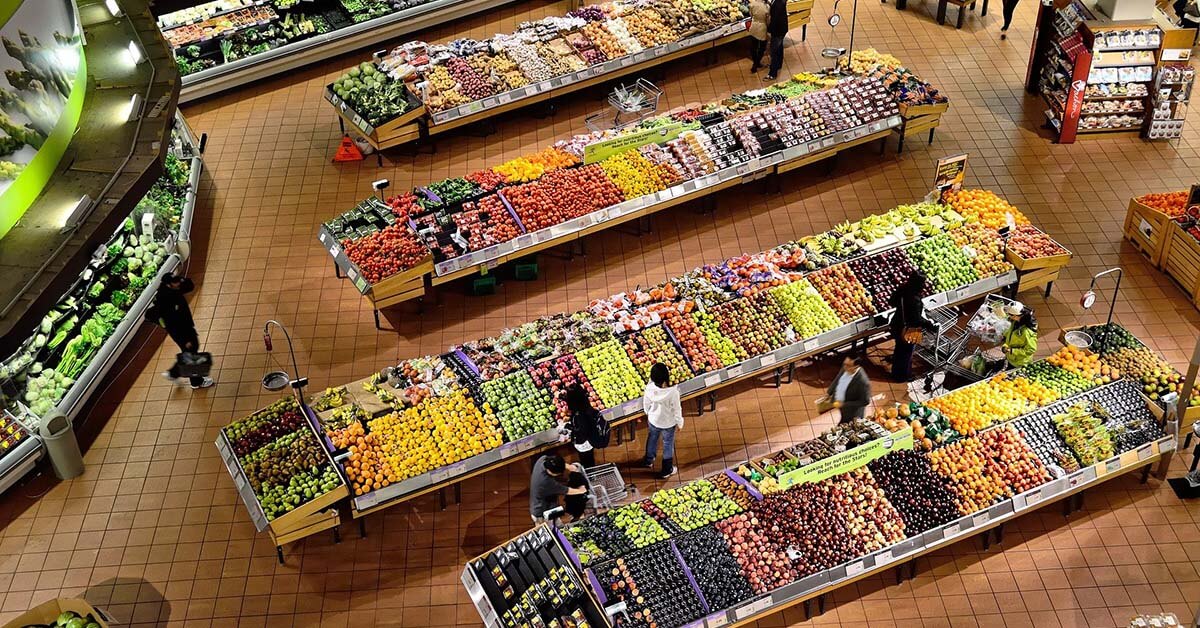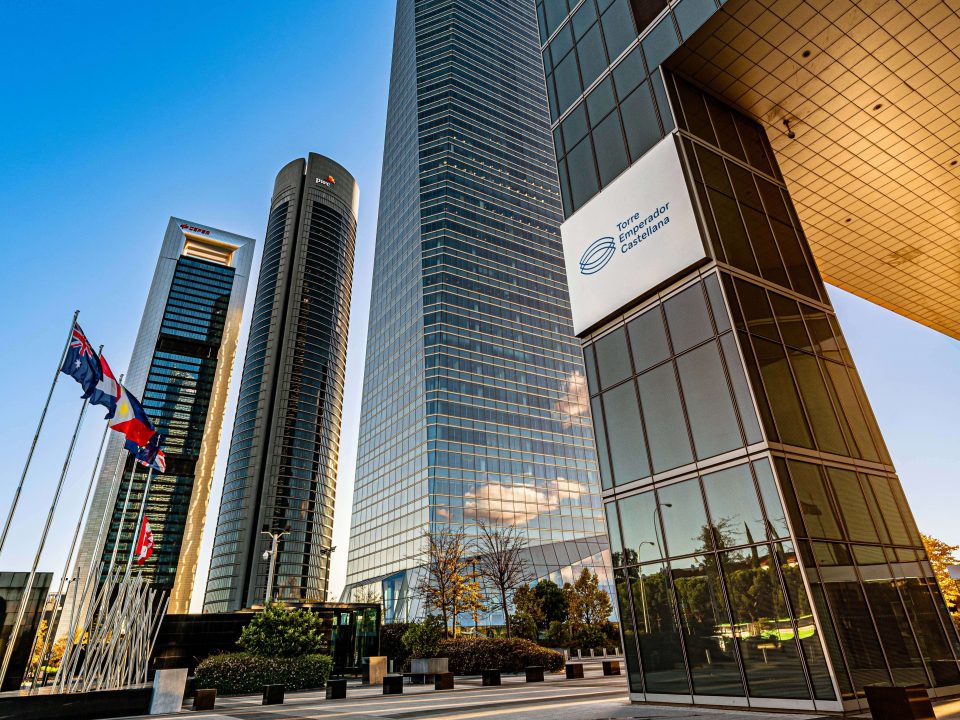The organic food and drink sector in the UK

Edtech internationalisation localisation
March 1, 2021
The importance of English language learning in Latin America
April 7, 2021The organic food and drink sector in the UK continues to grow as health and wellness awareness increases despite the pandemic.
It goes without saying that the impact of the Covid-19 pandemic has been felt across almost every market globally. Most have experienced loss or drastic change in their operations and must now navigate their way through a post-pandemic world. Key to this will be exploring markets with new or invigorated consumer interest.
Current situation of the organic food sector in the UK
One such market is the organic sector. Pre Covid we saw the organic market grow by 5.3% between 2018 to 2019. Market share reached £2.33billion in 2019 and 2.45 billion in 2020 indicating that the growth did not slow during a time where many industries suffered. (source – Soil association).
The growth of conscious consumerism is fuelling this rise. The average British consumer buying organic is generally in higher income brackets, in small households with one or no children and between the ages of 24 and 25. This “average consumer” will also have higher disposable income and buying for a smaller group of people or family means they are more likely to purchase higher priced items, premium ranges and organic.
The potential for the growth of the UK organic market is ongoing as these younger consumers age and grow, they have families and take their eating and buying habits with them as they do so, thus creating a cycle of organic awareness and consumption for generations to come.
Mintel notes that the time is right to solidify food and drink as a part of a consumer’s identity. Food, drink and food service brands will be what connect and support people as they look to new hobbies and ways to express their ideals. These actions will create communities around the common interests which, importantly, happen both online and in person. Consumers will follow brands who they identify with and those who are seen to be a part of the change to a healthier, more organic and natural way of consumption will be those who gain the most market share.
Adding to the fact that consumers are, in a post-Covid, world even more interested in where their food comes from, and its impact on their health and wellbeing, there is little doubt that the organic sector is one to watch – and be part of going forward. It is the ideal opportunity for organic suppliers to plan their market entry into the UK.
Challenges for the organic food sector
However it comes with a couple of current challenges – Brexit, certification changes and distribution delays are causing many companies to hesitate before taking advantage of this market growth. While it is clear that the market is there, the way to access is seen as a little unclear. It is important to gather information and knowledge from organisations who can advise companies on best practice and help you cut the lead times and costs incurred in entering a new market. Different routes also require certain certifications to be in place both in the UK and in the EU. The UK organic sector, albeit with some challenges is worth the time and investment but requires commitment, planning and logical progression but there is no better time to start than now.
At How2Go we know all the details that your company needs in the organic sector to be able to internationalize to other countries, contact us through: contact@h2gconsulting.com
Article written by Louisa Criscenti-Brown




